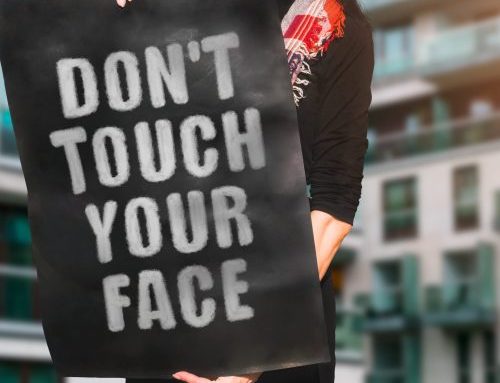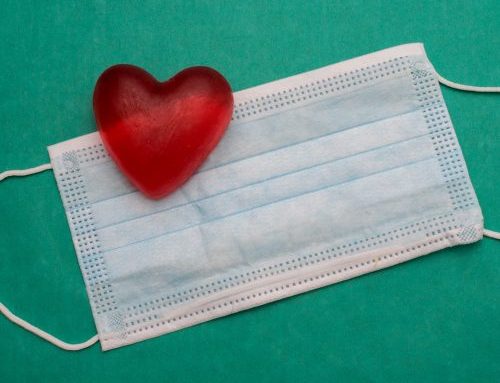You can be addicted to anything. I have seen individuals seek help for addiction in clinically defined disorders such as substances, food, and sex. But I have also seen individuals identify that they are addicted to things such as money, control, dramatic relationships, pride, and people pleasing. Your drug of choice could be other people’s problems, Netflix, the gym, or even church. Although these things are less commonly defined as “addictions,” they still have the power to be catastrophic in our lives if left untreated.
Addiction is not a moral failing, but a part of being human. We have been created with basic needs that can be difficult to meet. When our needs are not met, we look for ways to supplement them. Instant gratification and quick fixes are easily accessible and typically feel good, but ultimately lead to avoidance or destruction of our core desires. We look for substitutes, but they do not completely meet our needs and ultimately create a cycle of distress for ourselves. Addiction is the behavioral result of avoiding something in your life that is too painful to address.
If you experience any of the following symptoms, you may be struggling with an addictive pattern:
- Feelings of shame: Shame usually occurs alongside addiction. Shame tells us that there is something wrong with us. When we are unable to stop an addictive behavior, we feel powerless, hopeless, and out of control. We experience feedback or advice as an attack on our character.
- Unbalanced relationships: This is the experience of constantly feeling unfulfilled in your relationships. You may feel that you give much more of yourself than those in your interpersonal relationships, or you could experience high levels of consistent criticism from your friends and family.
- Inability to achieve goals: This could be financial stability, continuing education, work performance, weight loss or fitness goals, health, or relationships. This could also be the experience of feeling as you are not good enough even if you are able to reach a specific goal.
- Conflict: frequent arguments, legal interventions, recurring issues at home, or never having enough of something specific.
- Avoidance: not resolving conflict, fear of physical or emotional intimacy, or intentionally seeking relationships and opportunities that will enable detrimental patterns.
- Behavior continues despite consequences: Addiction typically has consequences. When we are in active addiction, we are often aware that there are consequences, but frequently negotiate why the cost is worth it.
Regardless of what your “addiction” looks like, and how many of these symptoms you experience, there is hope for all of us. Healing starts with admitting that we are simply human and addictive tendencies are a part of the human condition. What is preventing you from feeling adequate? From experiencing satisfying relationships? From achieving your goals? Or from experiencing peace?
From one addict to another, you can be addicted to anything and it is nothing to be ashamed of. The question is: What are you going to do about it?
Suzanne Cooper, MA, LPCC is a Level II Certified Addiction Counselor here at Grace Counseling. If you would like to schedule an appointment with her or one of our other counselors who specialize in addiction, click here to request an appointment or call (720) 489-8555.





